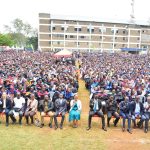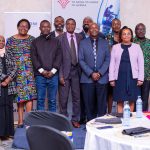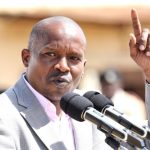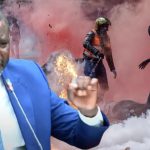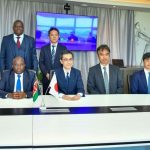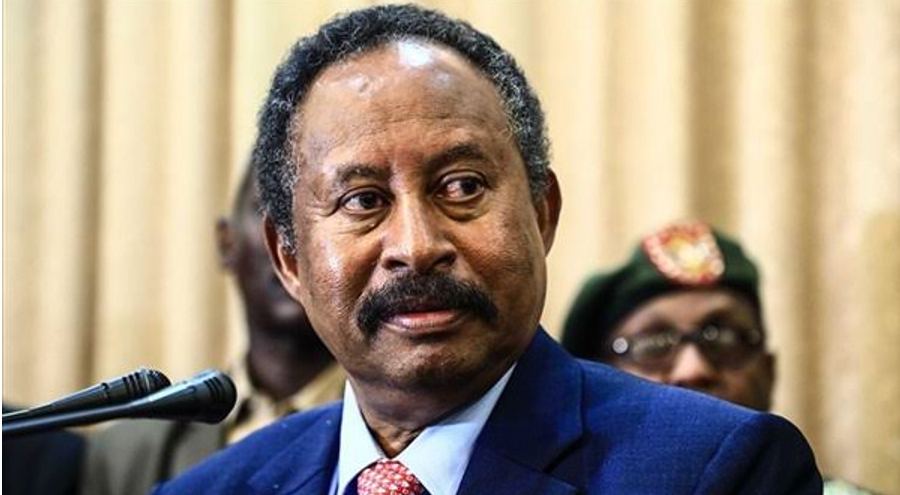
Sudan’s information ministry on Monday said that Security forces had moved the country’s Prime Minister Abdalla Hamdok to an unknown location after he refused to issue a statement in support of the ongoing coup.
“After he refused to be a part of the coup, a force from the army detained Prime Minister Abdalla Hamdok and took him to an unidentified location…” said the information ministry in a statement.
The information ministry added that the “joint military forces” had also arrested civilian members of the Sovereign Council and members of the government, and had taken them to an undisclosed location. Reports also indicate that the information ministry’s statement on Monday came hours after a Dubai-based Al-Hadath TV said security forces had besieged the prime minister’s home and placed him under house arrest. Political sources in the country also say that soldiers reportedly arrested most of the members of Sudan’s cabinet and a large number of pro-government party leaders on Monday.
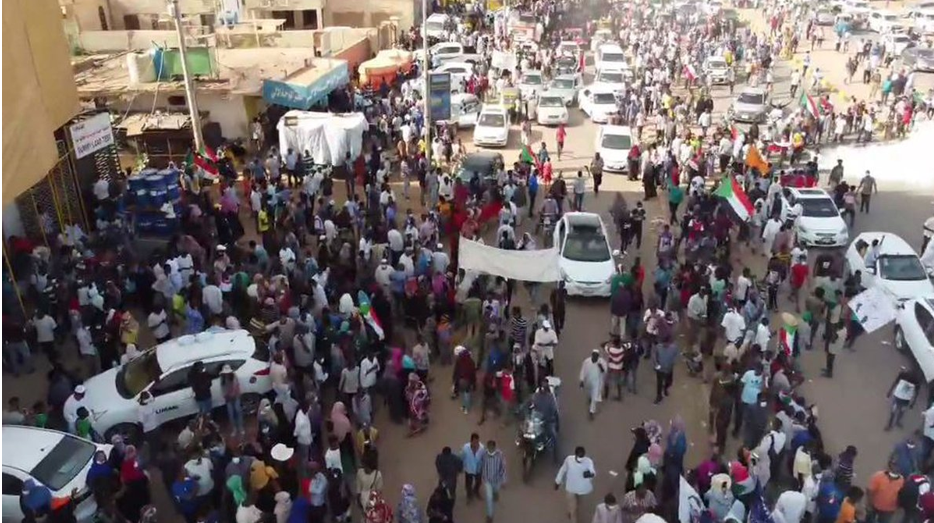
Aljazeera wrote on its website that Family sources said that among other civilian officials taken into custody included Industry Minister Ibrahim al-Sheikh, and the governor of Sudan’s capital Khartoum, Ayman Khalid. The men were apparently taken from their homes before dawn. Officials are also said to have told The Associated Press that Information Minister Hamza Baloul, media adviser to the Prime Minister, Faisal Mohammed Saleh, and the spokesman for Sudan’s ruling sovereign council, Mohammed al-Fiky Suliman, were also arrested.
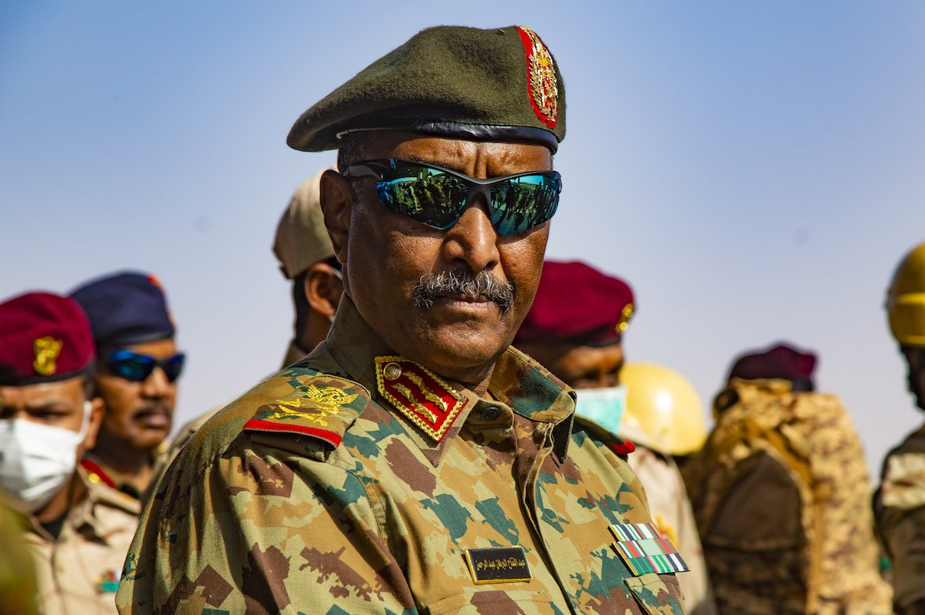
Sudan’s Sovereignty Council Chair Abdel Fatah has Monday confirmed that several high ranking civilian officials have been arrested by the military, and declared a state of emergency across the country. He has also announced the dissolution of the transitional government and the sovereign council.
“To rectify the revolution’s course, we have decided to declare a state of emergency nationwide… dissolve the transitional sovereign council, and dissolve the cabinet,” Burhan said.
His statement came as clashes erupted in the capital Khartoum, with soldiers reportedly firing live rounds at people who took to the streets to protest against the power grab. The violence was said to be largely centred outside the army headquarters in the capital hours after soldiers detained Prime Minister Abdalla Hamdok and others.
Reactions to the ongoing crisis
The European Union has called for the release of the civilian leadership and stated that “violence and bloodshed must be avoided”.
“The EU is very concerned about Sudan’s military forces reportedly putting Prime Minister Hamdok under house arrest, as well as detaining other members of the civilian leadership, and we urge for their fast release,” said European Commission spokeswoman Nabila Massrali.
America’s Special Envoy for the Horn of Africa Jeffrey Feltman also said “the US is deeply alarmed at reports of a military takeover of the transitional government”. The UN added it’s voice and described the detentions as “unacceptable”.
“I call on the security forces to immediately release those who have been unlawfully detained or placed under house arrest,” said Volker Perthes, its special representative to Sudan.
The African Union and Arab League also expressed concern.
What sparked the recent crisis
A coalition of rebel groups and political parties recently aligned themselves with the military and called on it to dissolve the civilian government, staging a sit-in outside the presidential palace in Khartoum. Last week, tens of thousands of Sudanese in response marched in several cities to back the full transfer of power to civilians, and to counter the sit-in demanding a return to “military rule”. Hamdok recently described the splits in the interim government as the “worst and most dangerous crisis” facing Sudan’s transition. He is an economist and former senior U.N. official who was appointed as a prime minister in 2019.
As the country is now declared to be under a state of emergency, the Sovereignty Council Chair Abdel Fatah says the military will continue the democratic transition process.

